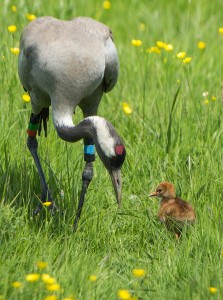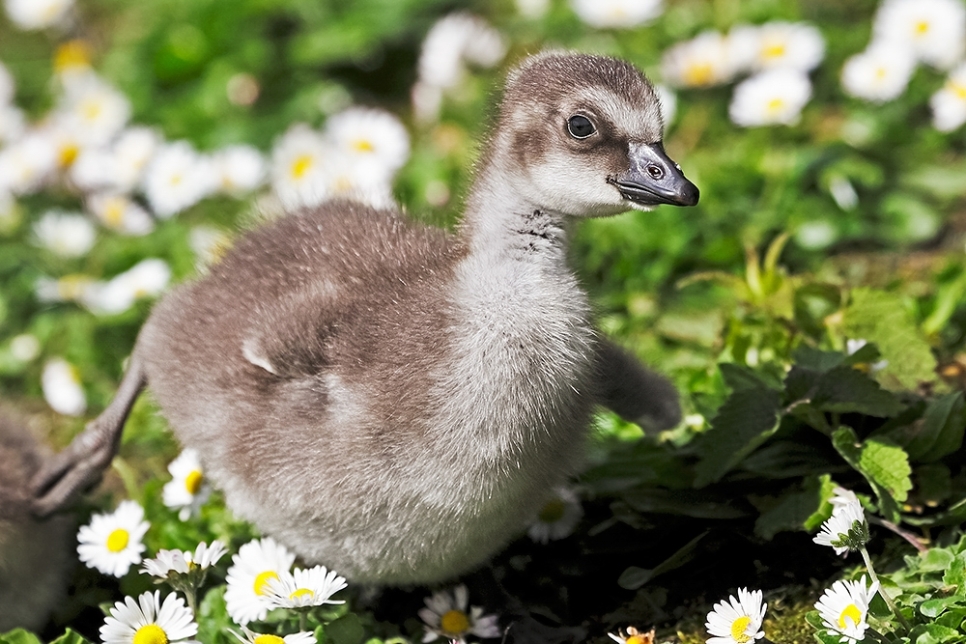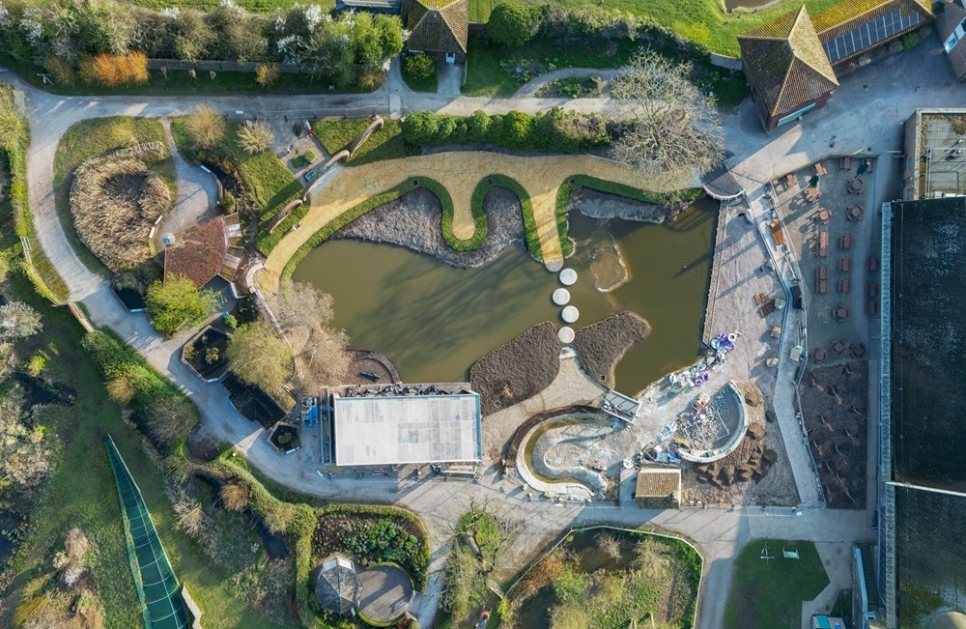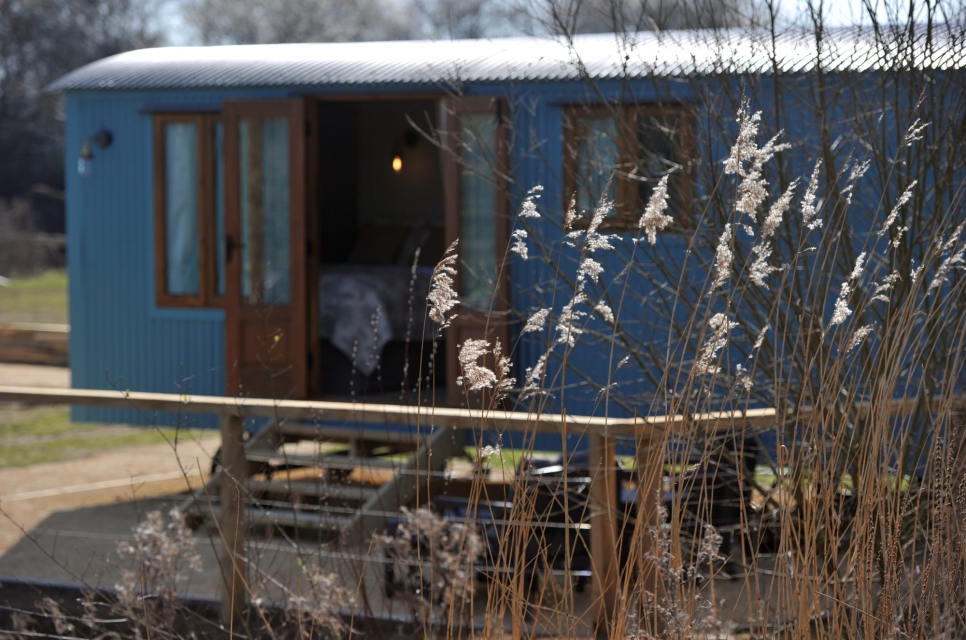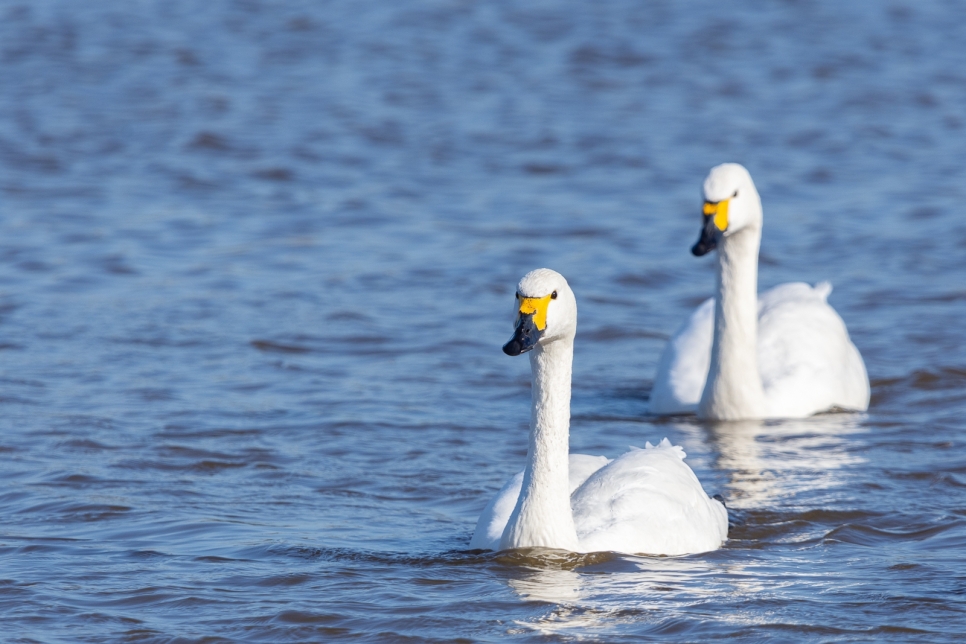Sadness as first wild crane in the west for 400 years disappears
The last remaining wild crane chick, which would have become the first to survive in Western England in 400 years has disappeared from sight on the Slimbridge Wetland Centre reserve in Gloucestershire last night. There are many risks to a chick this young, so sadly we can assume it has died.
The parent birds Chris(tine) and Monty were hand-reared by The Great Crane Project reintroduction programme and released as three month old fledglings on the Somerset Moors and Levels, where cranes were once commonplace before disappearing in the 1600s due to hunting and loss of wetland habitats.
This year Chris and Monty returned to the Slimbridge Wetland Centre reserve and hatched two chicks. Sadly one disappeared in May, a few weeks after being hatched, and now it appears that its sibling has not survived.
Nigel Jarrett, Head of Conservation Breeding at the Wildfowl and Wetlands Trust (WWT), said:
“The risks to parent birds and their young are substantial; we do not know exactly what has caused this last crane chick to disappear but judging by the parents’ behaviour that was witnessed, it was likely to be a predator. I am gutted; we all are. We had such high hopes for these magnificent parents and their baby.
We could see the parents were feeding the chick throughout the day and brooding it at night. The chick was growing before our eyes. The Crane family has given a great deal of joy to our visitors and followers – many felt part of their amazing journey.”
The cranes’ journey has been followed by thousands of people, with visitors coming to the hides daily to get a glimpse of the new family, and webcams proving popular around the clock. Everyone following the journey of the wild crane family is deeply saddened.
Chris and Monty are still together as a pair and in spite of this sad outcome we are confident they will raise many chicks on our wetlands in the years to come. Another crane pair, Bart and Ruby also nested at Slimbridge this year and there were two nesting attempts in Somerset, although unfortunately all unsuccessful.
Tony Whitehead, speaking for the RSPB in the South West said: “It’s disappointing that Chris and Monty have lost their chicks to a predator this year. The Great Crane Project had similar problems in Somerset where sadly eggs in two nests were predated.
While this is disappointing, it is perhaps not surprising. Nest location in cranes is a learned behaviour. This year the Somerset birds, showing their youthful inexperience, built their nest in shallow water easily accessible to ground predators. This experience will, we predict, encourage them to nest next year in a more suitable location in deeper water. And as these are long lived birds, with a lifespan of up to twenty years, there is still plenty of time for them to raise successful broods and secure a self sustaining wild population.”
We have high hopes for next year when even more pairs are expected to breed and we hope they successfully rear their chicks.
